For years, men’s health often focused narrowly on muscle and testosterone. But the tide has turned. A new generation of men is redefining masculinity—one where wellness, longevity, and self‑optimization are at the forefront.
From testosterone support and biohacking to mental health, nutrition, and longevity routines, the men’s wellness revolution is transforming how modern men take care of themselves. Let’s explore the trends, tools, and insights driving this powerful shift.
🧠 What Is Masculine Self‑Optimization?
Masculine self-optimization is the process where men consciously improve various aspects of their health, appearance, and performance—emotionally, mentally, and physically.
It includes:
- Physical fitness & body composition
- Hormonal health (especially testosterone)
- Nutrition & supplementation
- Mental resilience
- Stress management & mindfulness
- Sleep & recovery
- Longevity biohacks
It’s not about vanity. It’s about vitality, self-respect, and long-term well-being.
🔥 Key Trends in Men’s Wellness
1. Hormone Health & TRT (Testosterone Replacement Therapy)
With falling testosterone levels reported in modern men, more are getting tested and turning to natural or medical interventions:
- Lifestyle: Sleep, resistance training, stress reduction
- Supplements: Zinc, ashwagandha, magnesium, vitamin D
- Clinical TRT: Under doctor supervision to restore hormonal balance
2. Strength Training as a Lifelong Tool
Men are embracing progressive strength routines not just for muscle but also:
- Bone density
- Fat burning
- Hormonal regulation
- Mental toughness
3. Biohacking & Recovery Optimization
From cold plunges to red light therapy, men are experimenting with:
- Saunas & ice baths for inflammation and testosterone
- Sleep tracking wearables (Oura, Whoop)
- Nootropics and smart supplements
- HRV monitoring for stress management
4. Mental Fitness & Emotional Strength
Men are becoming more open about:
- Therapy and emotional trauma work
- Meditation, breathwork, journaling
- Masculine coaching and self-awareness tools
- Addressing burnout and internalized stress
🥗 Nutrition for the Modern Man
A focus on:
- Protein-rich diets for muscle support
- Healthy fats (omega-3s, avocado, nuts) for hormone balance
- Micronutrients like zinc, selenium, magnesium
- Intermittent fasting or clean bulking protocols
- Avoiding ultra-processed foods & excess alcohol
Supplement stacks often include:
- Creatine
- Fish oil
- Vitamin D
- Adaptogens (ashwagandha, Rhodiola)
- Prebiotics & probiotics
🧬 Longevity-Focused Habits
Today’s wellness-aware men are interested in living longer and better through:
- Regular health screening & blood work
- NAD+ boosters and fasting mimetics
- Anti-aging research (peptides, metformin, etc.)
- Sleep hygiene & circadian syncing
- Stress modulation and inflammation control
The goal isn’t just six-pack abs—it’s thriving at 50, 60, and beyond.
📱 Tools & Platforms Fueling the Trend
- Podcasts & influencers: Andrew Huberman, Ben Greenfield, Dr. Mark Hyman
- Apps: Headspace, MyFitnessPal, Fitbod, WHOOP
- Health tech: Continuous glucose monitors, smart rings
- Online coaching: Men’s groups, hormone clinics, fitness plans
💬 Real Men, Real Results
- Raj, 34: Reclaimed energy and confidence after optimizing sleep, lifting weights, and taking vitamin D.
- Michael, 42: Combined meditation and TRT with a nutrition coach to improve libido and mood.
- Vikram, 29: Tracked HRV, stopped binge drinking, and focused on clean eating and strength cycles.
⚠️ Watch Outs & Red Flags
- Unregulated supplements: Stick to certified, science-backed brands
- Obsessive optimization: More isn’t always better—don’t sacrifice joy or balance
- Ignoring emotional health: Self-worth isn’t built only in the gym
- Misuse of TRT: Get tested first and work with qualified endocrinologists
🧾 Final Thoughts
The Men’s Wellness Movement is more than a fitness fad—it’s a fundamental shift in how men approach their bodies, minds, and identities.
It encourages strength, vitality, and longevity through science-backed practices, honest introspection, and modern tools. Whether you’re 25 or 55, it’s never too late to start optimizing your health—not for vanity, but for value and vitality.

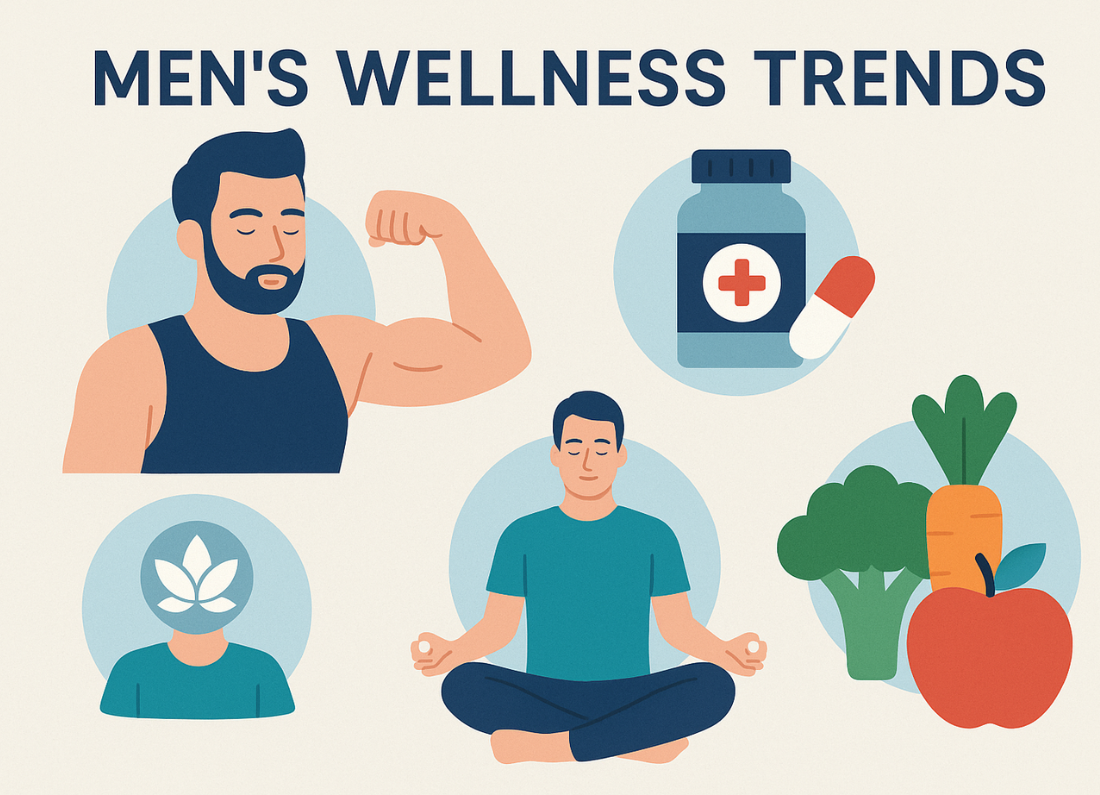

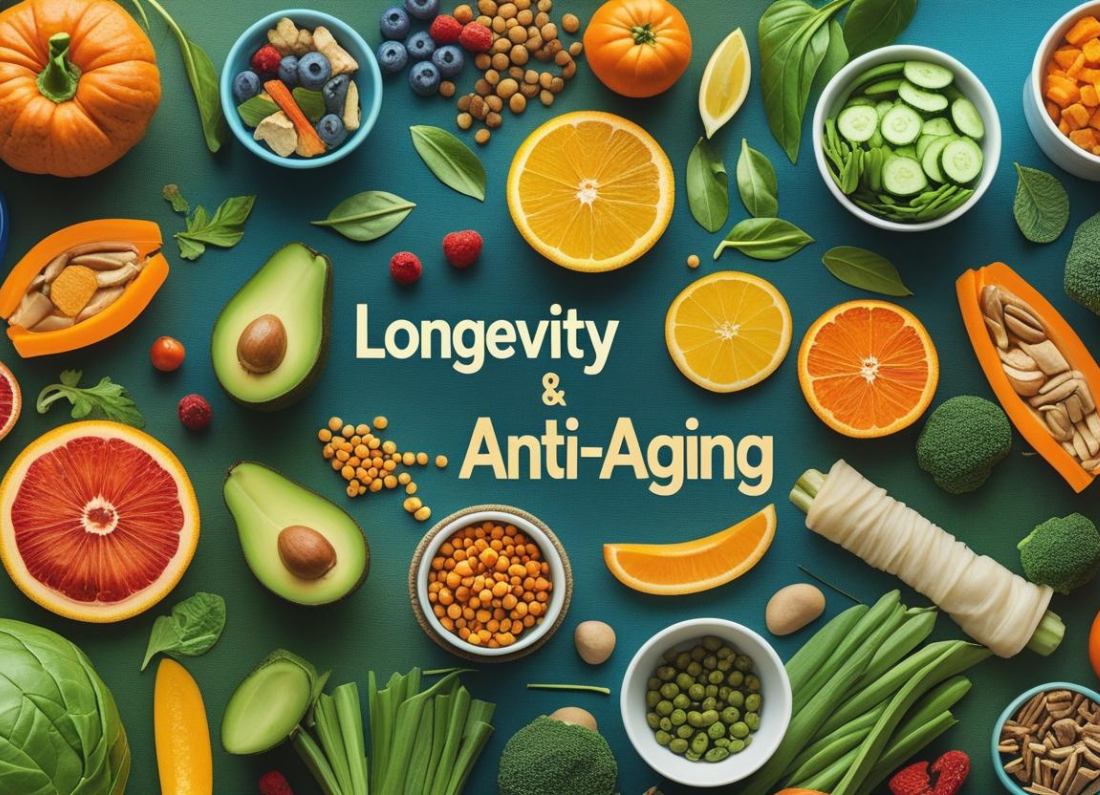
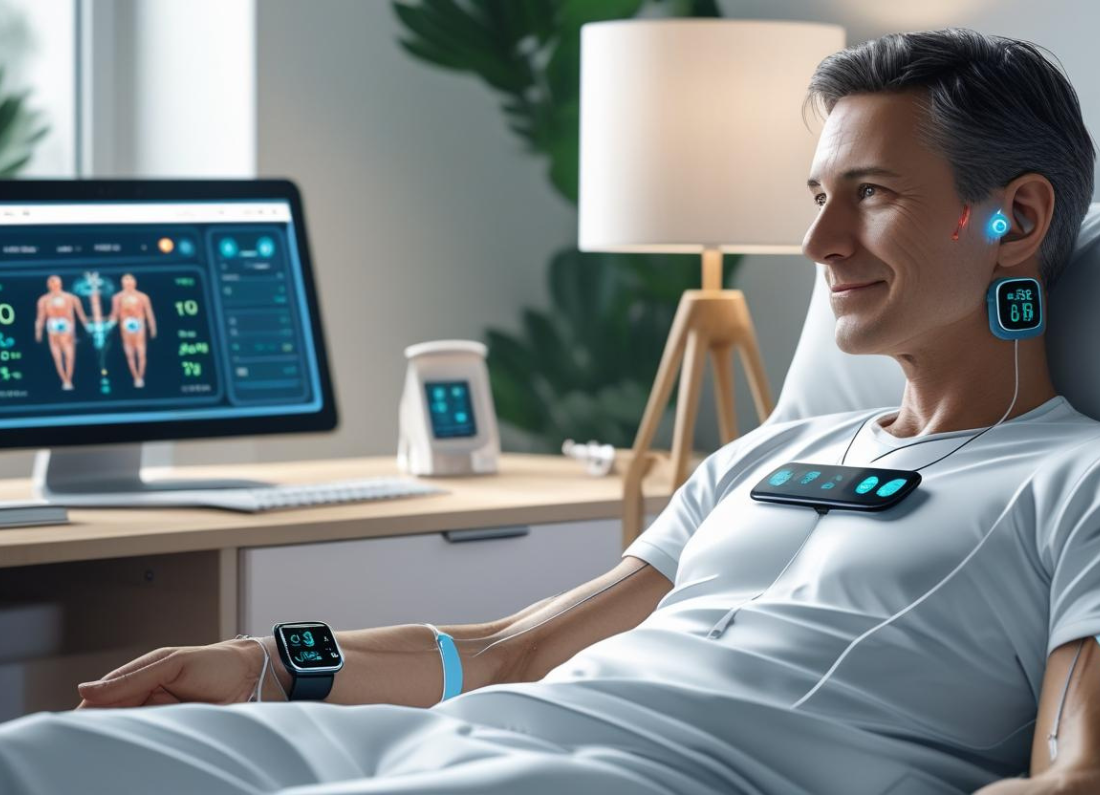
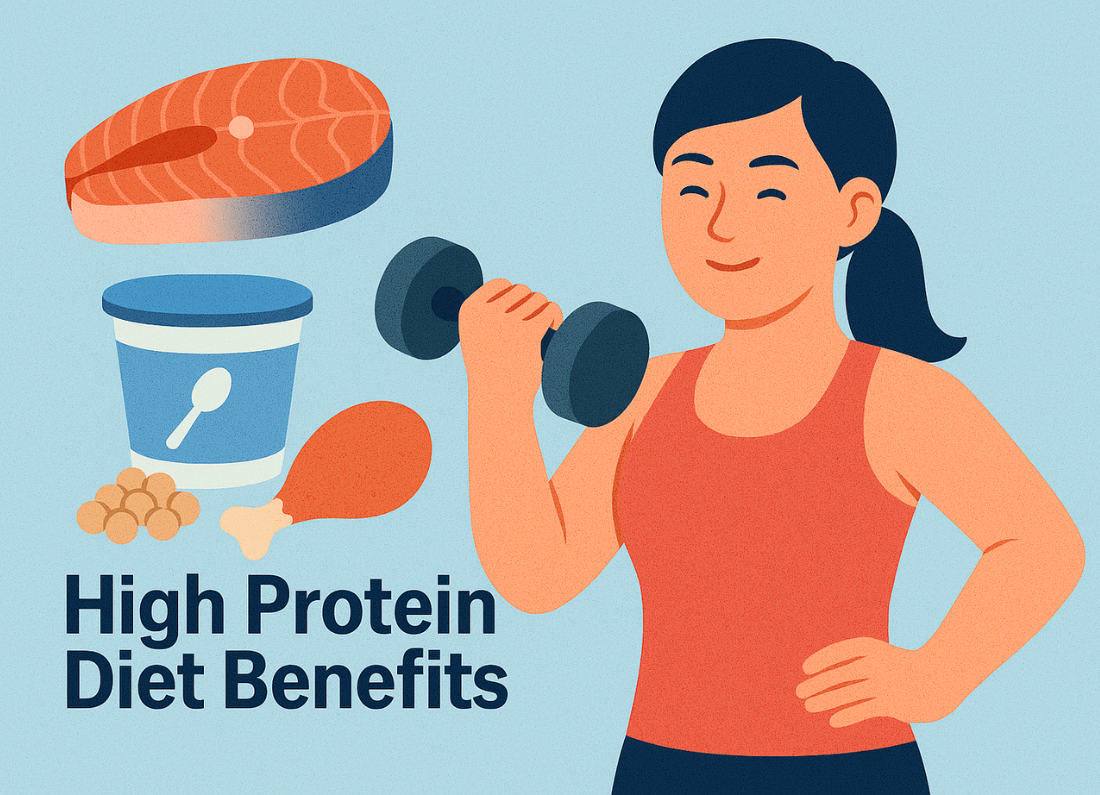
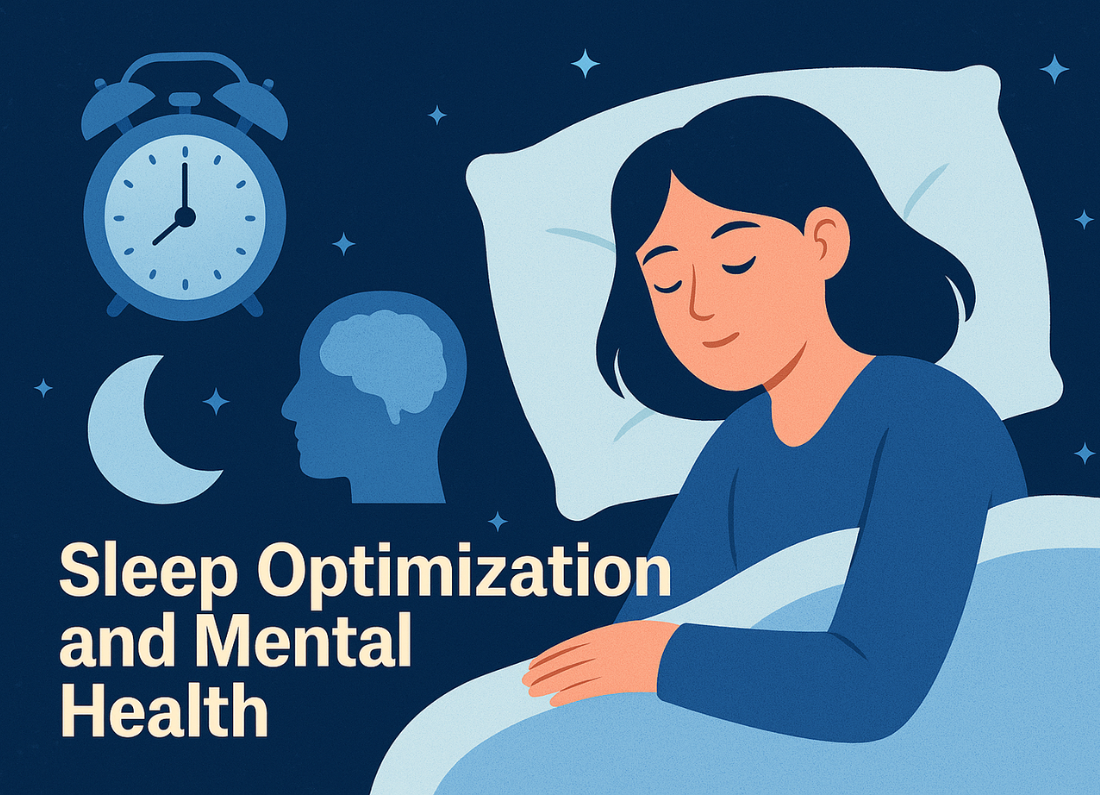

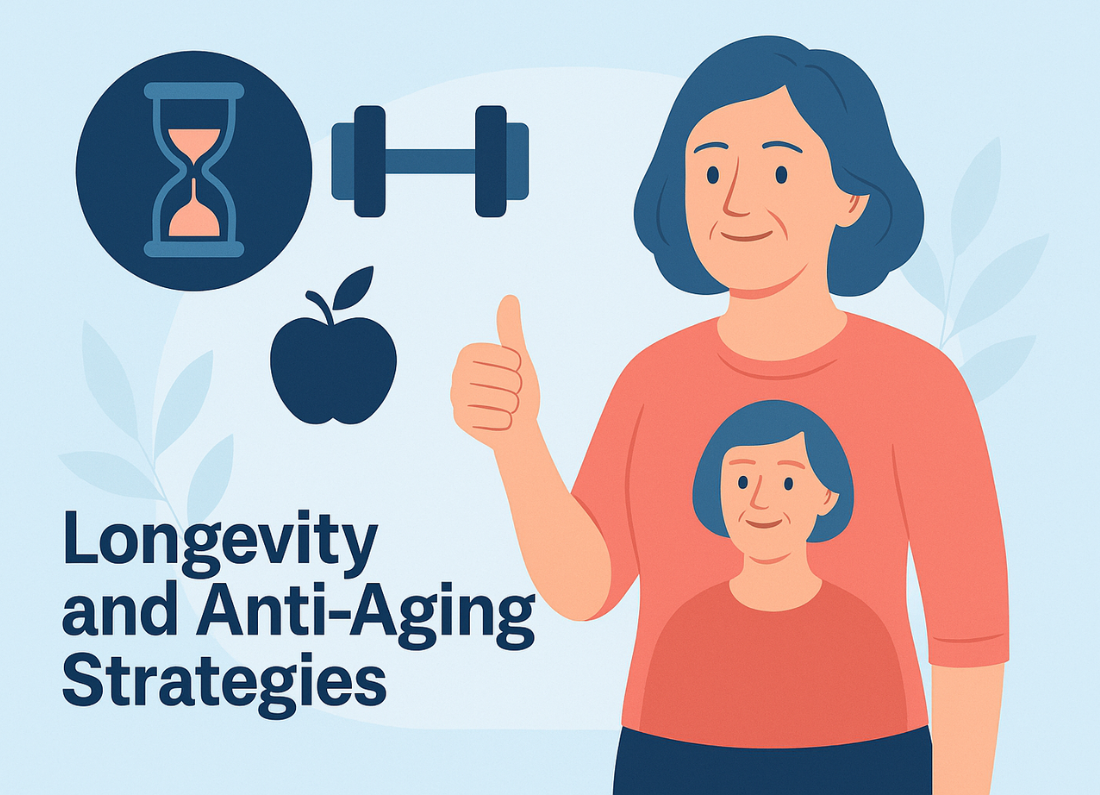
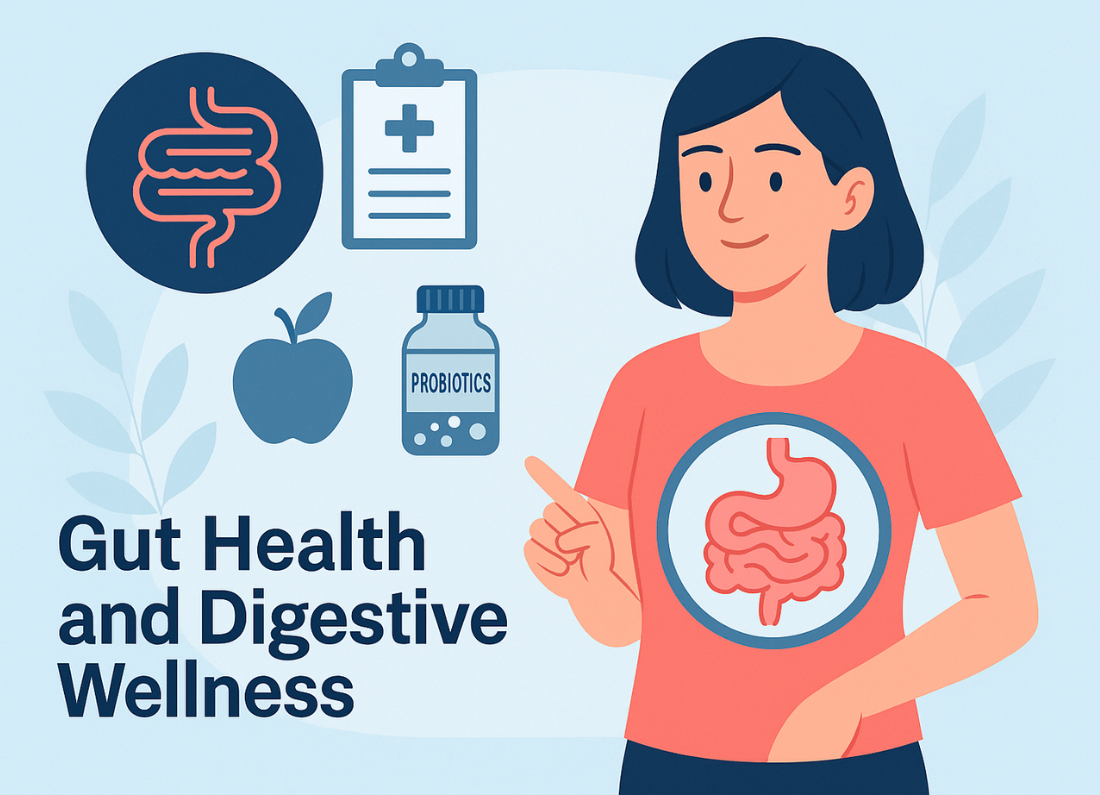





Leave a Reply